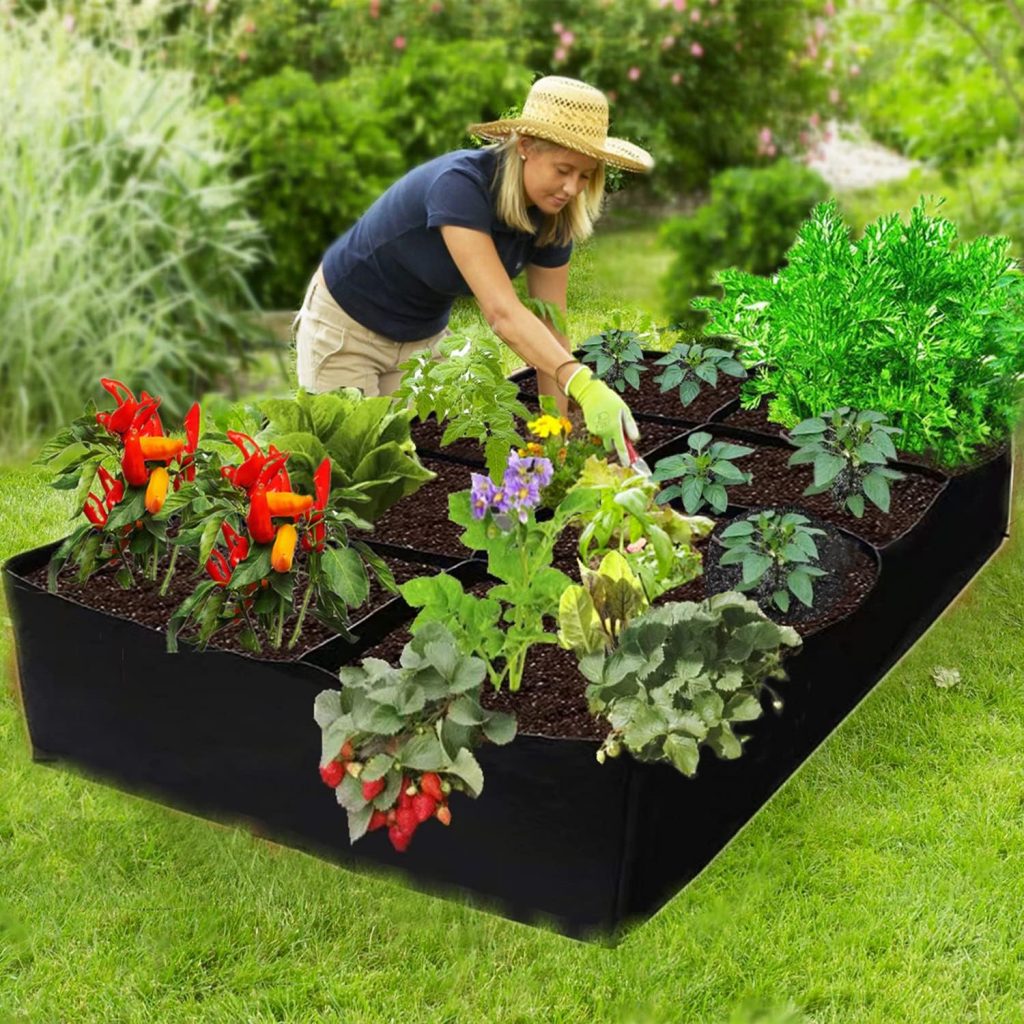Biodynamic Gardening Methods
Biodynamic gardening is not just about growing plants; it’s a holistic approach that treats the garden as a living organism, interconnected with the cosmos.
Originating from the teachings of Austrian philosopher Rudolf Steiner in the 1920s, biodynamic gardening views the garden as a self-sustaining ecosystem where plants, animals, soil, and celestial forces coalesce in harmony.
Basically, it goes beyond organic practices by incorporating spiritual and cosmic influences into agricultural methods. Let’s delve deeper into the principles and practices of biodynamic gardening.
Principles of Biodynamic Gardening
- Holistic Approach: Biodynamic gardening considers the garden as a whole entity, where each component influences the others. It emphasizes the interrelation of soil, plants, animals, and celestial rhythms.
- Spiritual Connection: It acknowledges the spiritual aspect of agriculture, recognizing the influence of cosmic forces on plant growth and vitality.
- Biodiversity: Encouraging biodiversity is fundamental in biodynamic gardening. It promotes the cultivation of various plant species, creating a balanced ecosystem that supports natural pest control and soil fertility.
- Sustainable Practices: It prioritizes sustainability by minimizing external inputs and utilizing on-site resources. It aims to create a closed-loop system, reducing reliance on synthetic fertilizers and pesticides.
Various Practices
- Preparation of Biodynamic Preparations: It utilizes specific preparations such as compost teas, herbal sprays, and soil amendments to enhance soil fertility and stimulate plant growth. These preparations are made from natural materials and are often applied in homeopathic doses.
- Biodynamic Calendar: Central to it is the biodynamic calendar. It guides planting, pruning, and harvesting activities based on lunar and planetary cycles. Certain days are considered favorable for sowing seeds or transplanting, aligning with cosmic influences believed to enhance plant vitality.
- Companion Planting: Companion planting is a key practice in biodynamic gardening. It involves growing compatible plant species together to maximize productivity and deter pests. Certain plants emit substances that repel pests or attract beneficial insects, contributing to a healthier garden ecosystem.
- Crop Rotation: Crop rotation is essential for maintaining soil health and preventing nutrient depletion. Biodynamic gardening employs crop rotation techniques to minimize soil erosion, control pests and diseases, and optimize nutrient availability for plants.
- Integration of Livestock: Biodynamic gardens often integrate livestock such as chickens, goats, or bees. This helps enhance soil fertility through manure deposition and promoting biodiversity. Animals contribute to the nutrient cycle of the garden, enriching the soil with organic matter and fostering a balanced ecosystem.

